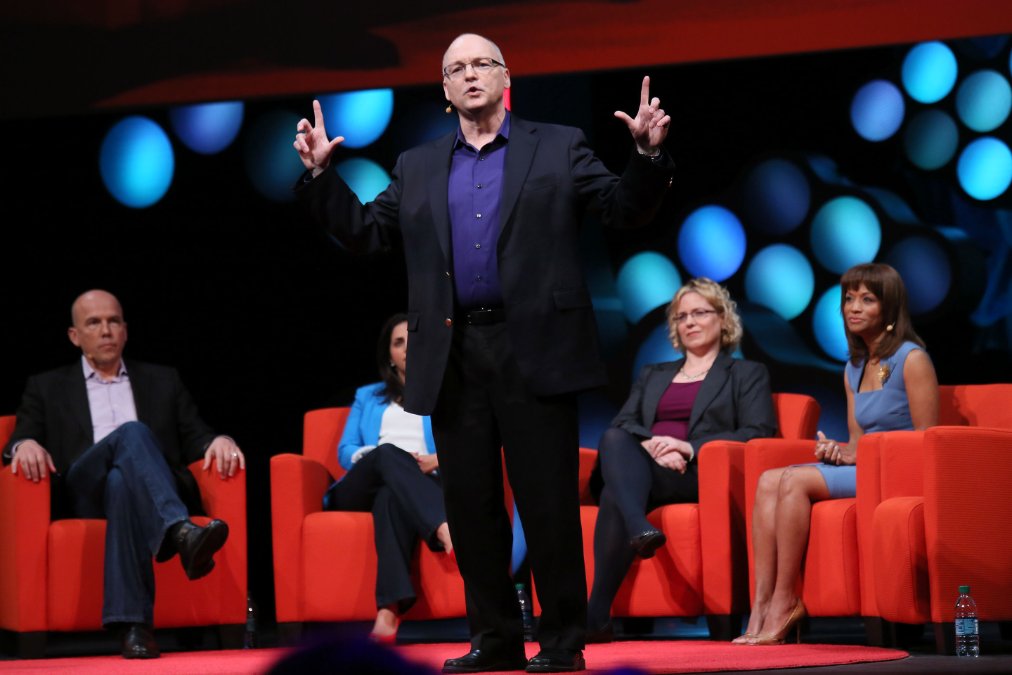
“But there are times when a critic truly risks something, and that is in the discovery and defense of the new. The world is often unkind to new talents, new creations. The new needs friends.” (Ratatouille, Anton Ego)
In the vaudevillian Monte Python lion tamer skit a timid accountant named Mr. Anchovy enters a career placement office to talk to a dismissive job counselor about changing careers. The counselor informs him that his evaluators found him “tedious company and irrepressibly drab and awful” and advises him to take up banking where these are actually desired traits. Mr. Anchovy explains that what he really wants is to be a lion tamer. Puzzled the counselor inquires about Mr. Anchovy’s experience with lion taming to which the little man replies that he has seen them at the zoo. He has even purchased a pith helmet. The counselor rolls film showing a menacing lion pouncing towards its prey with fangs agape and claws splayed to which the Mr. Anchovy shrieks in fright and begins to babble about a possible career in banking. The bit is a send up on people who have wild aspirations but little idea of what is involved and no experience in the trade. Mr. Anchovy reminds us we are just a “you can do it” away from being consumed by ravenous beasts or our hungry fantasies.
True competency is a combination of skill and will. While we wish that these were developed from parental patience and tender guidance they are just as likely to be formed from miserable adversity and abject neglect for that later requires us to overcome something. This is why the accomplished take great pleasure in talking about their failures. Though a leader may have an Ivy League pedigree they are quick to attribute their success to their alma mater the School of Hard Knocks. Even Mickey Mouse, that icon of good old American positivity, steals the sorcerer’s pointed blue Phrygian cap to try his hand at conjuring. While dreaming of mastering the heavens and oceans he quick to awaken to the reality that he is beyond his depth and in real peril. Just in time, the grouchy necromancer reappears to undo the foolish spell of the amateur and restore calm to the situation. He scolds Mickey to get back to work carrying water, wallops him with a broom and smiles for he knows his young apprentice, while lacking in skill, has demonstrated the desire and sacred will to learn the craft.
The role of master practitioner is not to protect their understudy from the difficulties of failure but rather to provide them opportunities to founder and receive requested guidance only when necessary. This approach is generally unwise only when to do so is perilous like combat or surgery or flying an aircraft – don’t take stupid pills. But these outliers are relatively few despite the prevalence of hovering parents and micromanaging supervisors. Great mentors help us process our experiences and divine simple rules and tricks of the trade. They allow us to weave discrete practices into the entirely of our own craft because they help us translate our ordeals into productive insights. The celebrated Polish psychologist Kazimierz Dabrowski rightly suggested that our growth depends on how we negotiate failure and positively integrate it into our cumulative experiences. This is how we advance from simple preferences to contemporary methods to our own unique post-conventional way. The lessons we learn for ourselves are so much more potent to those given to us because we have encountered the actual beast in the field and now know we can prevail.
Poor leaders are easy to spot constantly phoning and texting transactional messages – buy, sell, yes, no. These are portents of failure in organizations that have spent little time developing their bench strength and next generation of talent. Firms don’t fail from the top because they typically have succession plans for when executives leave. They don’t fail from the bottom where they have a pipeline of young talent anxious to show their quality. Firms collapse from the middle where there is no significant effort to apprentice understudies. The senior leader can’t afford to take junior along because of the expense or the time it takes to coach them up or the possibility that they will blow the big deal. With each successive endeavor the senior leader gets more competent and the skill gap with the junior leader more pronounced. Over time the most talented junior leaders leave to find places where they can grow leaving their senior leaders stuck with competencies that will soon become rigidities without the replenishing challenges of the novice. At any age we are in need of great mentors and advisors if we are to grow but to sustain it beginners who challenge our beliefs, authority and patience are required.
- Develop skill and will

Jeff DeGraff is the Dean of Innovation – an author, speaker, and advisor to Fortune 500 companies and mission-driven organizations worldwide. He’s the CEO and Founder of Innovatrium, Founder of Intellectual Edge Alliance, and Clinical Professor of Management and Organizations at the Ross School of Business at the University of Michigan. Jeff co-created the Competing Values Framework and developed the Innovation Code and Innovation Genome methodologies which provide organizations with practical tools to reconcile competing priorities and drive breakthrough performance. His mission is the democratization of innovation: making systematic innovation accessible to everyone, everywhere, every day.

